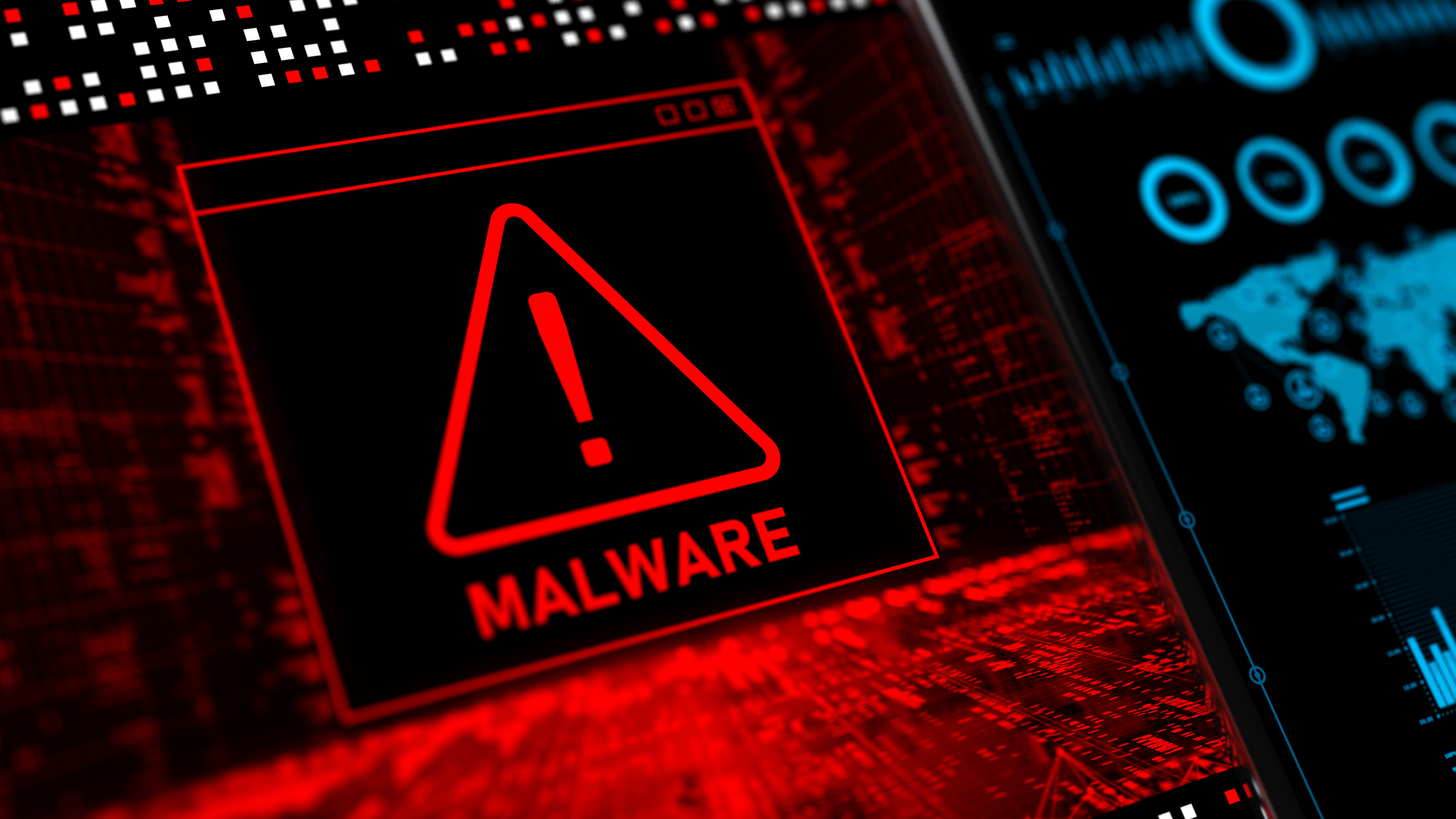Fake Windows updates hold your files hostage and demand money for their return — avoid this ransomware
Are you sure that Windows update is legit?

In case you missed it, McAfee published a report on Monday about a new ransomware called Magniber. Not only does it sound evil, but it's actually quite nefarious and vicious in how it executes its attacks.
This ransomware often masquerades as faux Windows 10 updates, and once an unwitting victim clicks on the malicious link thinking they're installing a legit version of Windows, a file-encrypting malware is downloaded onto the target's PC.
How does Magniber ransomware behave?
A cybercriminal group named Magniber (hence the name Magniber ransomware) injected malicious, deceptive links into a fake Windows 10 update website. Once a quarry clicks on one of the infected links, they're toast. Given that this malware entity is ransomware, it holds your files hostage. Want them back? Tough noogies! You'll have to pony up some of your hard-earned money.
To make matters worse, Magniber ransomware also gives cybercriminals administrator access to your PC, allowing them to view, delete and encrypt your files as they please. In other words, if you refuse to pay the ransom, the malicious actors threaten to delete your files forever — ne'er to return again.
The McAfee report noted that ransomware is a thorn in the side of large companies. Not only are they better equipped to pay the ransom, but they face grave consequences if their sensitive data ends up on the dark web.
However, McAfee warned that everyday PC users aren't immune to the wrath of ransomware, especially as more people become proficient in using cryptocurrency (hackers' preferred medium of exchange). "Though the ransom payments won’t be as lucrative, there also won’t be corporate cybersecurity experts hot on the cybercriminal’s tail," the McAfee report said.
How to avoid Magniber ransomware
McAfee, of course, recommends not downloading Windows updates from risky sites. Many people Google the words "Windows 10 update" and end up on malicious web pages. Check for blurry logos, typos, incorrect grammar, and hyperlinks that direct to unfamiliar, long URLs.
Stay in the know with Laptop Mag
Get our in-depth reviews, helpful tips, great deals, and the biggest news stories delivered to your inbox.
Secondly, McAfee recommends regularly backing up your important files, including sensitive documents such as tax returns and sentimental stuff like your wedding photos. It's also a good idea to back these files up on an external hard drive. "Not only will that free up memory on your device, but it'll also protect them in case a cybercriminal takes control of your PC," McAfee said.
Finally, the cybersecurity company suggests turning on automatic updates. This way, you won't find yourself in a pickle while searching for the latest version of Windows.
Kimberly Gedeon, holding a Master's degree in International Journalism, launched her career as a journalist for MadameNoire's business beat in 2013. She loved translating stuffy stories about the economy, personal finance and investing into digestible, easy-to-understand, entertaining stories for young women of color. During her time on the business beat, she discovered her passion for tech as she dove into articles about tech entrepreneurship, the Consumer Electronics Show (CES) and the latest tablets. After eight years of freelancing, dabbling in a myriad of beats, she's finally found a home at Laptop Mag that accepts her as the crypto-addicted, virtual reality-loving, investing-focused, tech-fascinated nerd she is. Woot!

